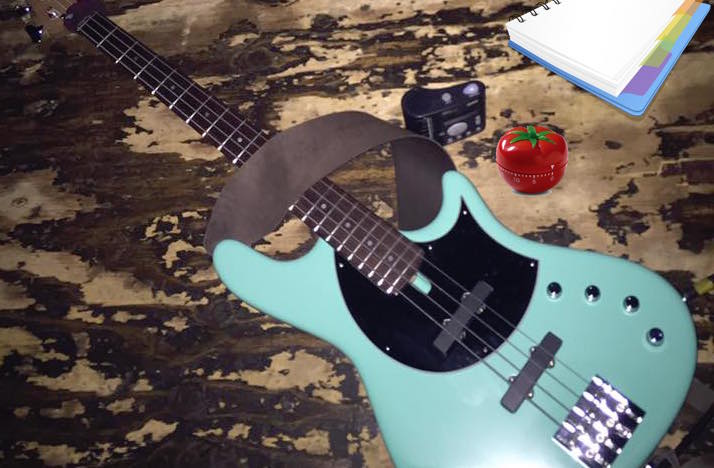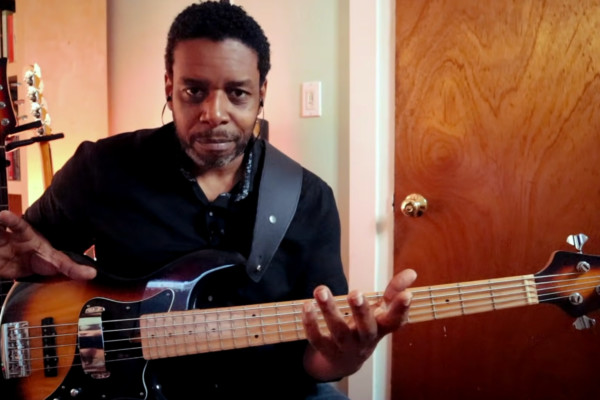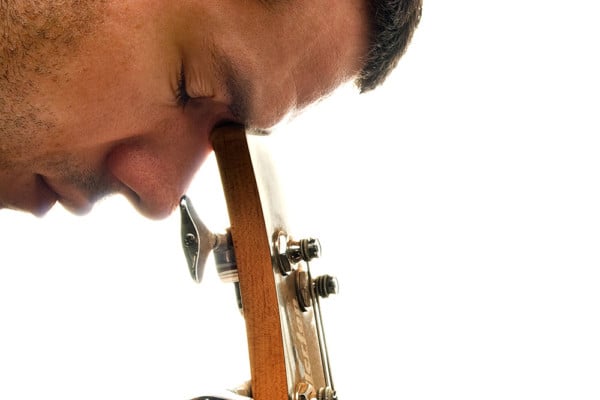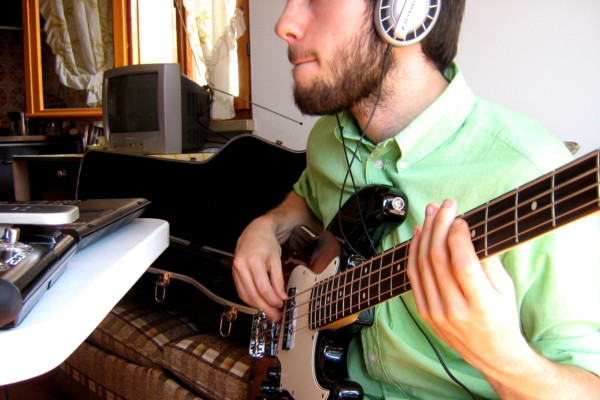Talking Technique: Efficient Practice Hacks #2 – How to Take a Break

Welcome to installment two in my series on my favorite and most efficient practice “hacks.” You have probably heard of this one – taking breaks. Here are some tips on making the best of these breaks!
After about 20 to 25 minutes of focused, distraction-free practice (one “Pomodoro” if you are hip to the Pomodoro Technique), take a break.
When practicing a defined concept, our mind is in a focused state. New pathways and solid neural patterns are being created in the brain through repetition and practice. You are creating a library of knowledge, be it scales, triads, tunes, reading skills.
When you stop and take a break, the processing continues. I have found that when I immediately busy my mind with other activities and stimulations, I miss a window of opportunity in which key processing seems to occur. The goal in this state is to be relaxed and in a positive state of mind, rather than to disrupt this processing with overstimulation, distraction and the sort of attention-grabbing entertainment social media tends to provide.
Make your practice session more effective and consider these ideas for breaks:
- Resist the temptation to immediately busy your mind by going on social media or checking email. I suggest you wander around a bit, shake your body, do a gentle stretch. Have a glass of water (great for the muscles and tendons, too!).
- Quiet is best, I find; no TV or stereo.
- Hugging significant co-inhabitants or furry friends works great for the “short break” sort of mindset.
- Have a nice view or favorite picture? A closet door with photos of bass heroes (I do!)? Go there and enjoy.
- Take a nap. Ten minutes are great!
- Remind yourself that right now your brain is processing what you just worked on. New information highways are being established and enforced in your brain in the form of myelin sheaths, even and especially while you rest. Myelin protects the new pathways you have just created and, most important, enables impulses to travel faster.
- If you find your mind filled with doubts and negative self-talk, be gentle with yourself and remember that Rome wasn’t built in a day. You laid some bricks to the house you’re building. Awesome! as soon as you notice negativity, don’t fight it. Think of something else instead, something neutral or, better yet, something you feel good about. There’s only one conscious thought at a time in our mind.
- Congratulate yourself for just doing what you did! Celebrate. You set out to do it, so give yourself some credit for following through. Positive feelings beget positive feelings, so enjoy! This can take the form of simple inner (or spoken out loud) acknowledgment, a gesture, a reward you set up for yourself. Even if it’s as neutral as: “I just practiced …. for 20 minutes and this is good.” it will still have a supportive effect.
Then, move on to the next practicing unit or do something else entirely. Still give yourself this mental space right after practicing. It makes it all the more effective.
And one more thing to say about taking breaks. Sometimes, when you feel stuck or in a rut with your playing, taking a few days or even weeks off playing altogether is not the worst thing. Maybe listen to music you typically don’t listen to, try to play a different instrument for a while, focus on ear training, learning theory, reading music books (biographies are great) or “filling your creative well” as Julia Cameron calls it by going to concerts or for walks in the woods. Coming back refreshed and inspired feels great!
Access my step-by-step guide to taking breaks. Great to hang up in your practice room as a reminder!
And be sure to check out Part 1.
Austrian-gone-Californian Ariane Cap is a bassist, educator, blogger and author. In her book Music Theory for the Bass Player and corresponding 20-week online course, she teaches music theory, bass technique, bass line creation and fretboard fitness in a systematic, practical and experiential way. She just released a brand new course on ear training for the bass player: Ear Confidence - 6 Paths to Fearless Ears. Contact her via her blog or website.



